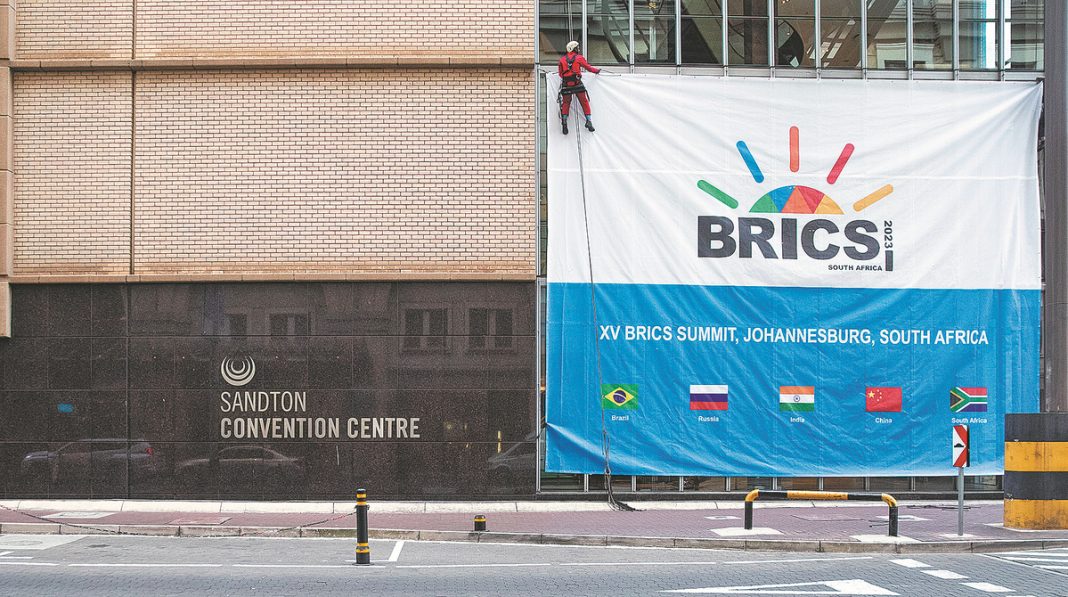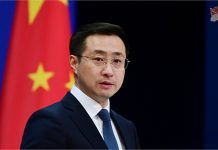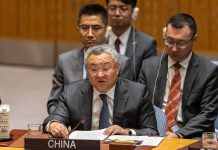BEIJING: With a host of multilateral and bilateral agendas in the pipeline, President Xi Jinping’s upcoming visit to South Africa has given rise to expectations that Beijing will continue to lead the way in improving global governance, and that it will uphold true multilateralism and bolster solidarity with African nations.
The expansion of BRICS, the strengthening of coordination between major emerging economies and the developing world, and a bolstering of Beijing’s cooperation with Africa will top Xi’s agenda as he travels to South Africa for the 15th BRICS Summit and makes a state visit to the African nation from Monday to Thursday.
BRICS is the grouping of the major emerging markets of Brazil, Russia, India, China and South Africa.
The Johannesburg summit is set to bring together the leaders of Brazil, India, China and South Africa, with Russian President Vladimir Putin expected to participate via video link, according to South African Foreign Minister Naledi Pandor.
Xu Xiujun, a senior research fellow of the Chinese Academy of Social Sciences’ National Institute for Global Strategy, said he expects the Johannesburg summit to be an occasion during which Beijing continues to champion better global governance and uphold true multilateralism.
“BRICS has now emerged as a key force in the reform of global governance, and Beijing will continue to play an important role in enabling the grouping to lead the way in safeguarding the interests of developing nations and promoting South-South cooperation,” Xu said.
Expansion of the group is among the key topics to be discussed. “The current geopolitical context has driven renewed interest in BRICS membership, as countries of the Global South look for alternatives in a multipolar world,” Pandor said.
As of Aug 7, a total of 23 countries, including Saudi Arabia, Iran, the United Arab Emirates, Argentina, Indonesia, Egypt and Ethiopia, had formally applied to become BRICS members.
“We see this interest as recognition of the voice of BRICS as a champion of the interests of the Global South, particularly our agenda of reform and inclusion of the Global South — true to our founding values,” Pandor added.
Ma Zhaoxu, Chinese vice-minister of foreign affairs, told a meeting of BRICS foreign ministers in June that China welcomes and expects new members to join the BRICS family at an early date.
Wang Lei, director of the Center for BRICS Cooperation Studies at Beijing Normal University, said the cooperation among BRICS countries has become a multilateral cooperation mechanism with major influence in the global political and economic systems.
BRICS countries account for around 42 percent of the world’s population, almost 30 percent of the world’s territory, around 27 percent of global GDP and around 20 percent of global trade. –The Daily Mail-China Daily news exchange item






